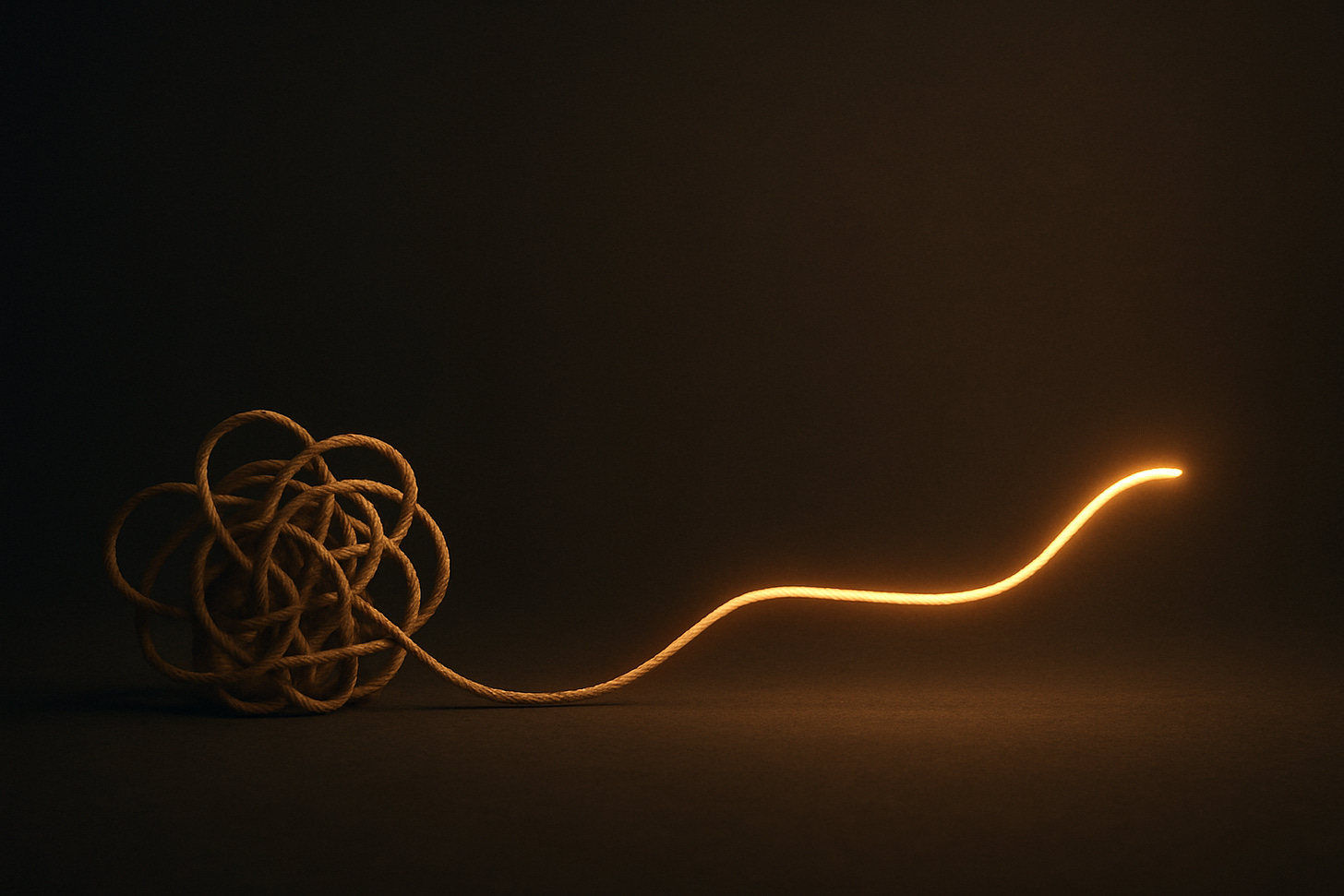How I Finally Stopped Failing at Habits
The small changes that transformed my daily routines and my results.
A fresh Monday, a blank notebook, or the first day of the new year, and you make a promise to yourself:
This time will be different.
You’ll exercise consistently. You’ll meditate every morning. You’ll cut back on sugar, or finally stick to that writing routine.
And for a while, you do.
The first week feels exciting. The second week feels manageable. By the third, though, the momentum fades. Suddenly, you’ve skipped a day, then two. Before you know it, the habit is gone.
It is like another failed attempt added to a long list of “things I’ll do someday.”
Here’s the uncomfortable truth:
Most people build habits on the wrong foundations.
On the other hand, breaking habits isn’t about lacking discipline but rather, because they’re weak-willed.
Let’s break down the four biggest reasons people never stick to habits and, more importantly, the practical shifts you can make to finally create lasting change.
1. You Go Too Big, Too Fast
Most people approach a new habit with ambition that lies in fantasy.
“I’ll start running 5 kilometres every day.”
“I’ll write 2,000 words after I wake up.”
“I’ll meditate for an hour, no excuses.”
At first, the enthusiasm carries you. You feel like you’re finally stepping into the person you’ve always wanted to become.
But then life interferes, an early meeting, a late night, a small crisis, and suddenly the grand commitment feels impossible to maintain.
Missing one day becomes missing a week, and soon the habit disappears entirely.
The real problem here is scale. When you set the bar too high, you literally guarantee that ordinary life will eventually knock you off balance.
Big habits require perfect conditions like time, energy, focus, and perfection doesn’t last long.
The solution is to shrink the habit.
Instead of aiming for 5 kilometres, start by putting on your running shoes and stepping outside. Instead of 2,000 words, commit to writing one paragraph. Instead of an hour of meditation, sit quietly for two minutes.
Think of it like compound interest: the tiny, consistent deposits matter more than the occasional windfall.
2. You Rely on Motivation
When people start new habits, they usually lean on motivation. It’s that initial burst of energy that makes you say, “This time, I’ll stick with it.”
But motivation is a slippery ally. It’s high on a good day and gone the moment you’re tired, stressed, or distracted. That’s why so many habits collapse after the first few days.
The truth is, lasting habits aren’t about motivation. They’re about systems.
If you want to exercise, make it easier by placing your gym clothes where you can’t miss them.
If you want to read more, keep a book on your nightstand instead of your phone.
If you want to write daily, block 15 minutes on your calendar and treat it like a meeting.
Systems remove choice. They make the habit the default. And when the habit becomes automatic, you don’t need motivation because you just do it.
3 . You Aim for Perfection
Next up is the perfection. One of the biggest reasons habits don’t stick is the trap of perfectionism.
You miss a workout, skip journaling, or forget to meditate, and suddenly the story in your head is: “I’ve failed.” That single slip becomes proof that you “just can’t stick to things,” so you give up entirely.
This thing really destroys the progress. The irony is, habits aren’t meant to be perfect, and they’re meant to be practised. Missing one day doesn’t erase the work you’ve already done.
Perfection is only your mindset.
A useful mindset shift is the “never miss twice” rule.
It’s ok to miss one or two, but if it becomes three or more, the habit gradually disappears.
So if you simply commit to not missing more than two days in a row, you keep the momentum alive, even imperfectly.
For example,
Exercising three times this week is infinitely better than giving up because you missed Monday.
4. You Chase Too Many Habits at Once
This is the most common mistake most people make when they are starting with something.
Overhauling everything at the same time.
So you try to:
Wake up earlier
Exercise daily
Eat cleaner
Journal every night
Meditate in the mornings
For a week, you feel unstoppable. But then the weight of managing five new routines on top of your existing responsibilities crushes you.
One habit slips, then another, until the whole stack collapses.
Habits take energy to establish, and spreading that energy across too many fronts guarantees burnout.
On the other hand, just looking at the huge list of habits stacked up will negatively impact your routine.
The smarter approach is to start with one keystone habit. A single behaviour that naturally makes other habits easier to adopt.
For some, it’s exercising, because movement improves energy and discipline across the day. For others, it’s better sleep, because rest influences mood, focus, and willpower.
Once that keystone habit feels automatic, stack another on top. Build layer by layer, instead of trying to construct the entire house overnight.
Start with one and build up as you progress, but never start with everything at once.
Wrapping up
Start small. Focus on one habit at a time. Build systems that make it easy, and most importantly, give yourself permission to slip up without quitting.
Do this, and over time, those tiny, consistent actions will add up. You won’t just be checking boxes, you’ll actually be changing your life, one habit at a time.
And honestly? That’s a lot more satisfying than trying to do it all at once and giving up.
Right?
Thanks for reading till the end!
Until next bold publish,
Jai.



This was very helpful. Thank you!